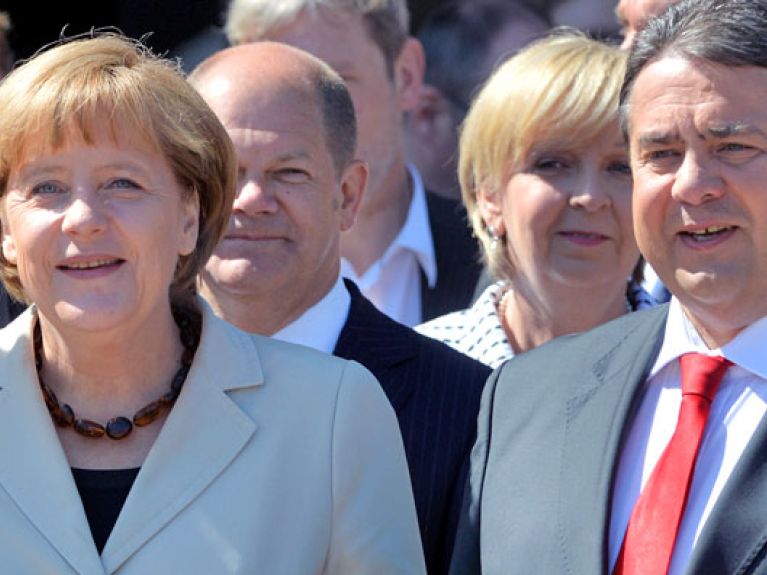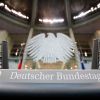After the Bundestag elections
What happens now after the Bundestag elections? Talks on the formation of a new government are set to take place in Berlin.

The electorate has decided, now it is up to the parties. However, the citizens’ vote in the Bundestag elections on 22 September has not made the situation easy for the politicians. Although the CDU and CSU led by Federal Chancellor Angela Merkel clearly won the election, forming a government will be difficult. The CDU/CSU fell just short of an absolute majority, and their previous coalition partner, the Free Democratic Party (FDP), failed to cross the 5% threshold. The FDP will therefore not be represented in the new parliament. Angela Merkel has to look for new partners. What happens next after the Bundestag elections?
Formally, the new Bundestag must convene within 30 days of the election. That is laid down in the Basic Law. What is known as the “constitutive session” must therefore be held by Tuesday, 22 October at the latest. The previous electoral term lasts until this session. Members of the Bundestag also retain their seats and the Federal Government remains in office. The Federal Chancellor’s term of office only ends when the new Bundestag convenes and elects the next government leader. If that does not occur during the constitutive session, the incumbent Federal Chancellor is obliged to continue conducting official business until the election of a successor if requested to do so by the Federal President.
Intense deliberations are currently taking place behind the scenes on who can govern with whom. In Germany it is usual for the party that has the best chances of forming a government to begin the negotiations. Unlike in some other countries, a party or leader is not commissioned to form a government by the president or another authority. The CDU/CSU will now first conduct exploratory talks with the Social Democratic Party of Germany (SPD). Cooperation between the two parties would mean a so-called grand coalition. Generally, this is regarded as the most likely combination, although there are contentious points such as the question of taxation. The SPD not only supports the re-introduction of a wealth tax and a rise in inheritance tax, but also demands a higher top rate of income tax. The CDU rejects tax increases. If a grand coalition is formed in spite of these differences, a Federal Government with 502 members will face an Opposition of the Greens and the Left Party with only 125 parliamentarians.
A coalition between the CDU/CSU and Alliance 90/The Greens is also possible. Angela Merkel has also invited the party to talks. If a partnership came about, it would be the first so-called black-green coalition at the national level. Leading Green politicians have declared their wish to seriously engage in talks, but at the same time pointed to the considerable policy differences between the parties. Arithmetically, a coalition between the SPD, the Greens and the Left Party is also conceivable, but its realization is considered unlikely since the SPD ruled out a coalition with the Left Party during the election campaign.
If exploratory talks are successful, the real coalition negotiations will begin. These can take a considerable time. After the 2005 Bundestag elections they lasted 65 days. If no agreement is reached, new elections are likely.

